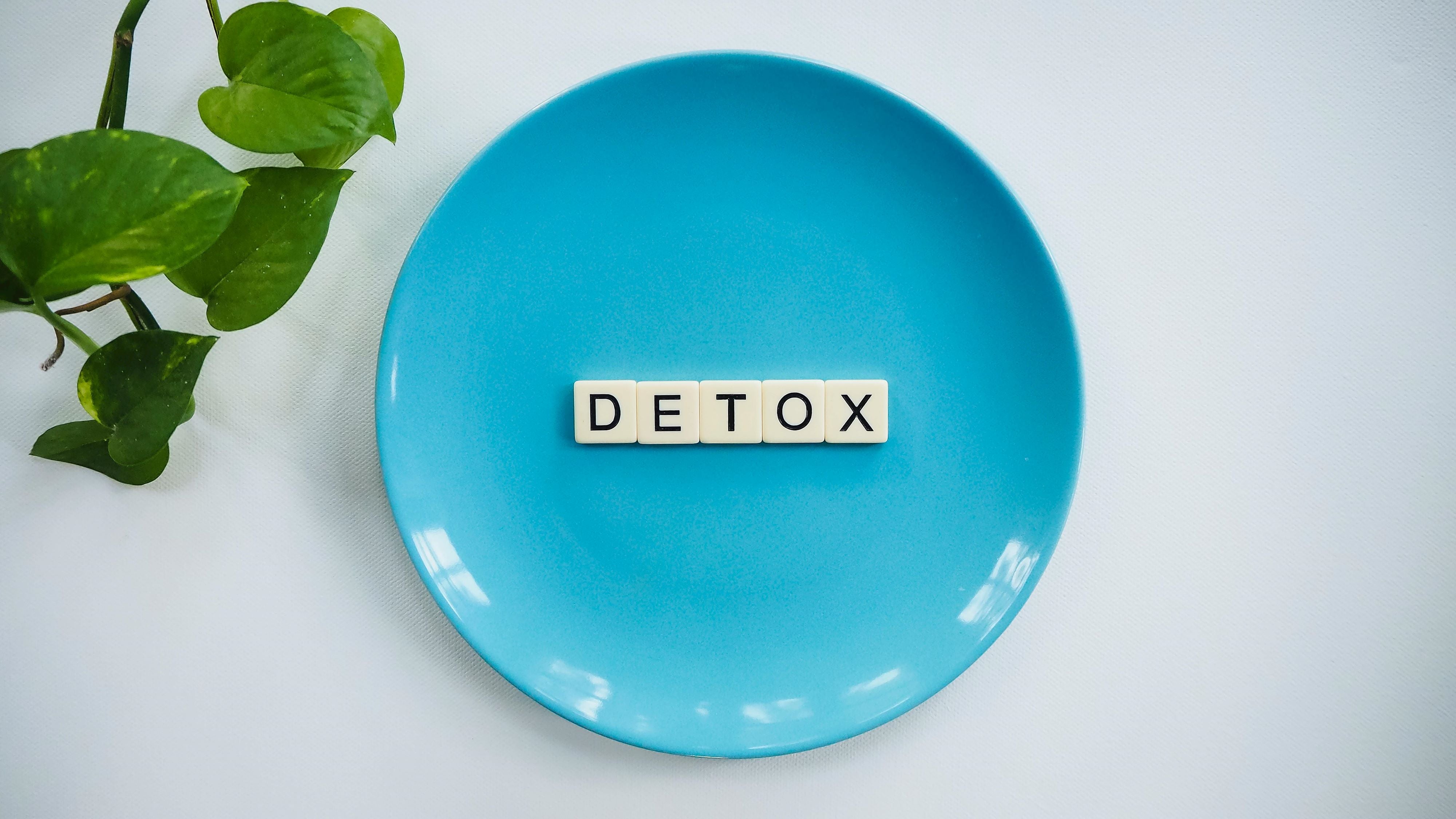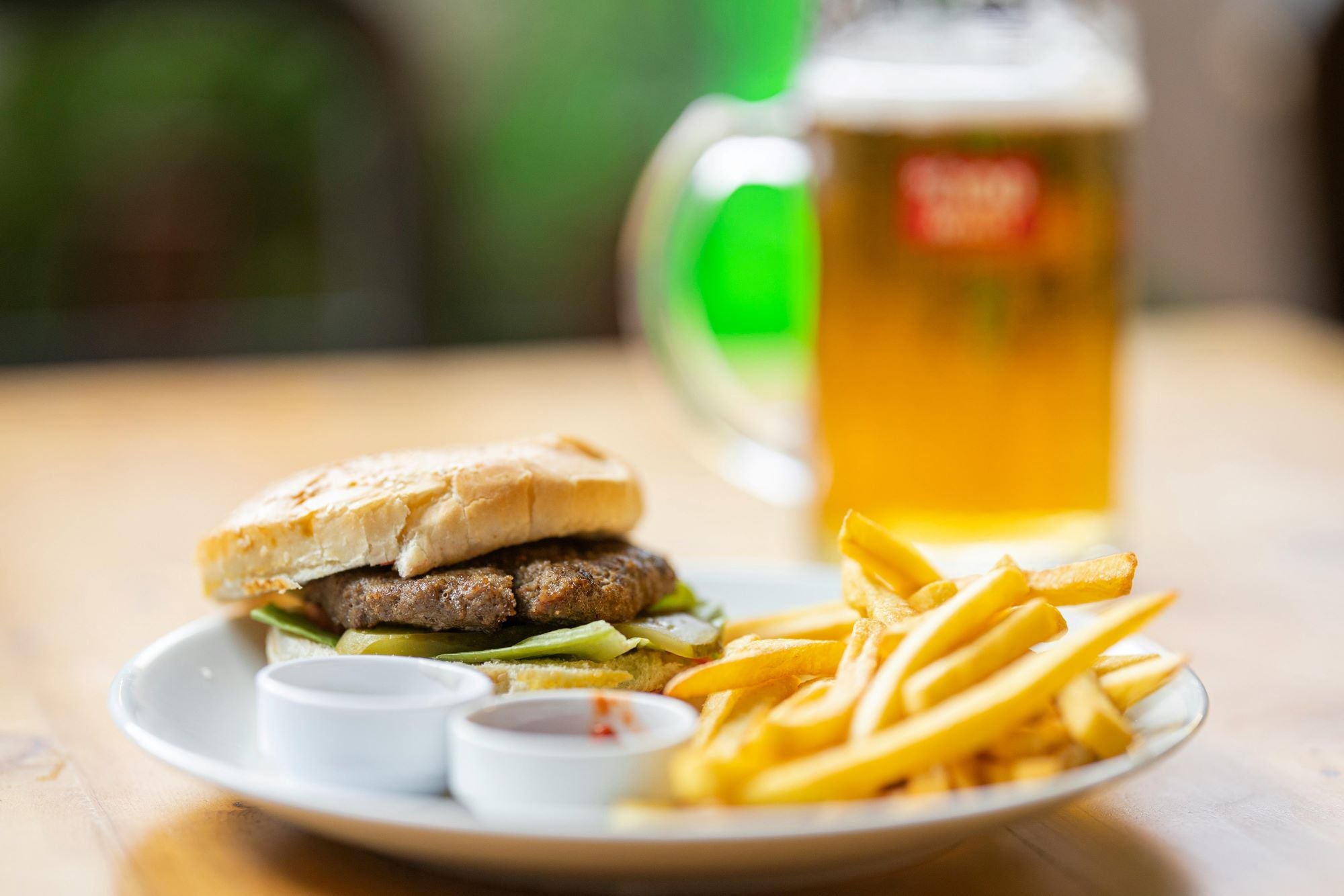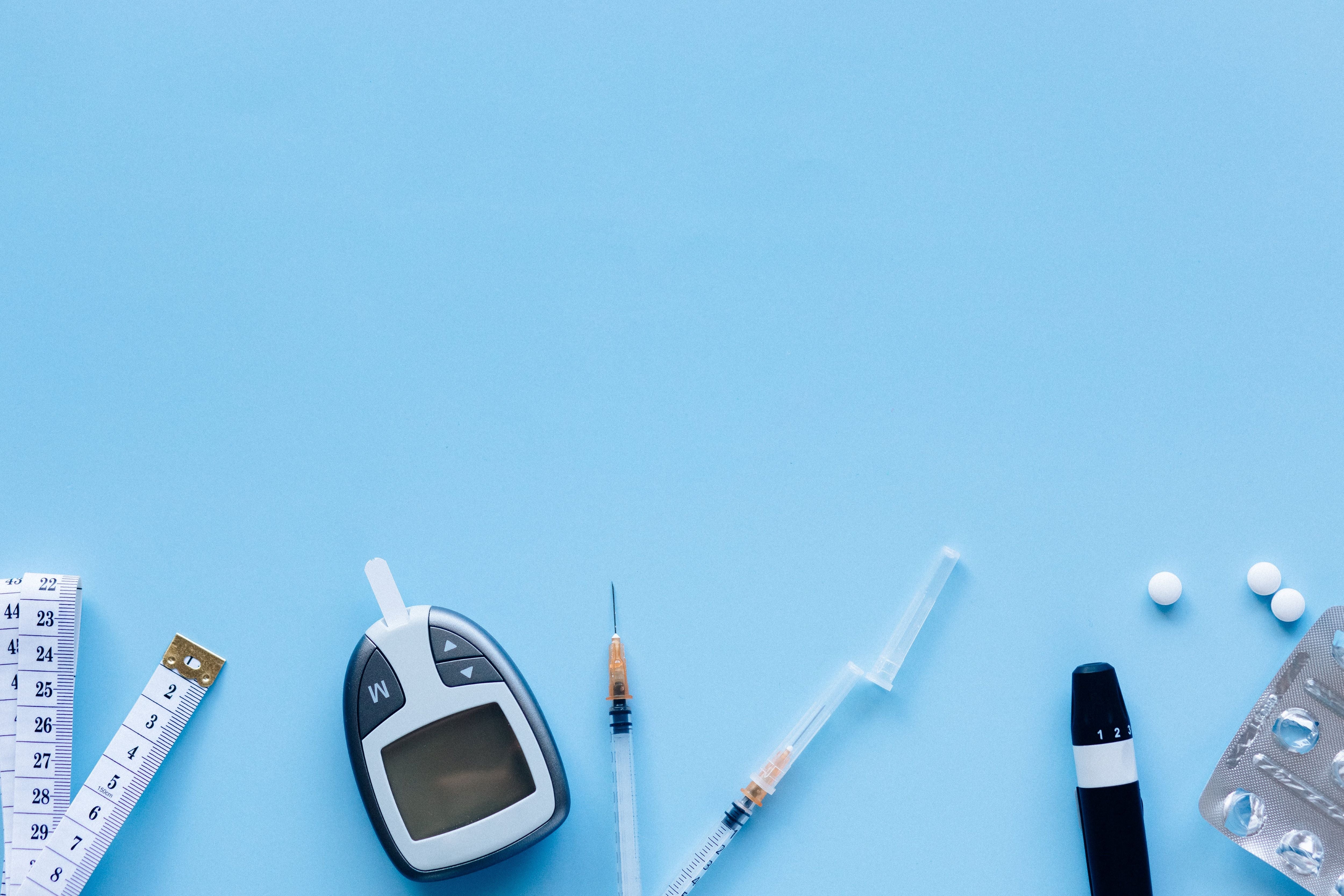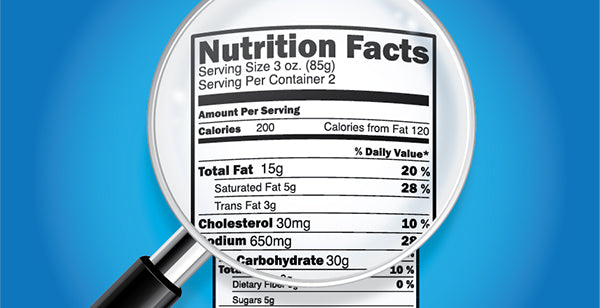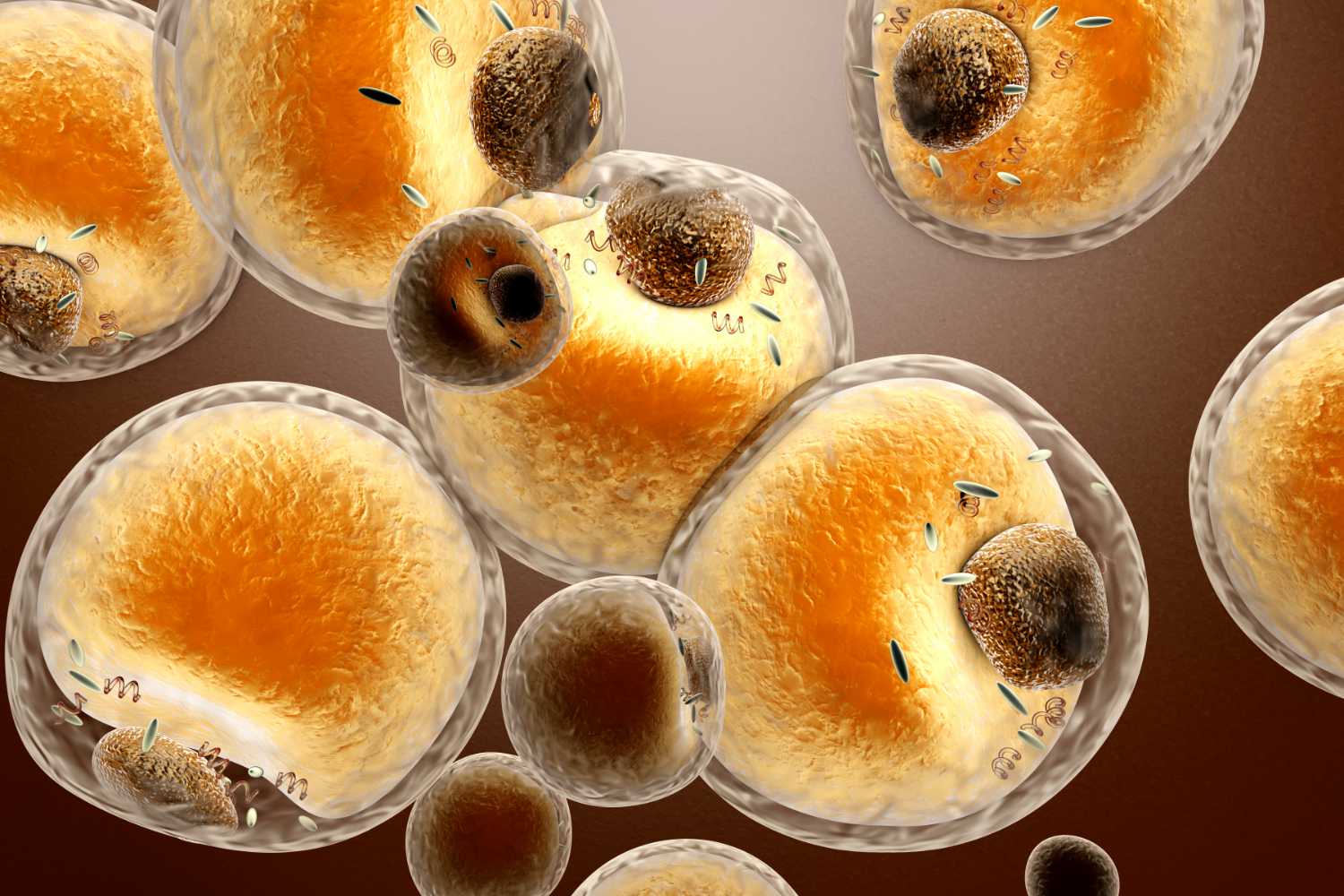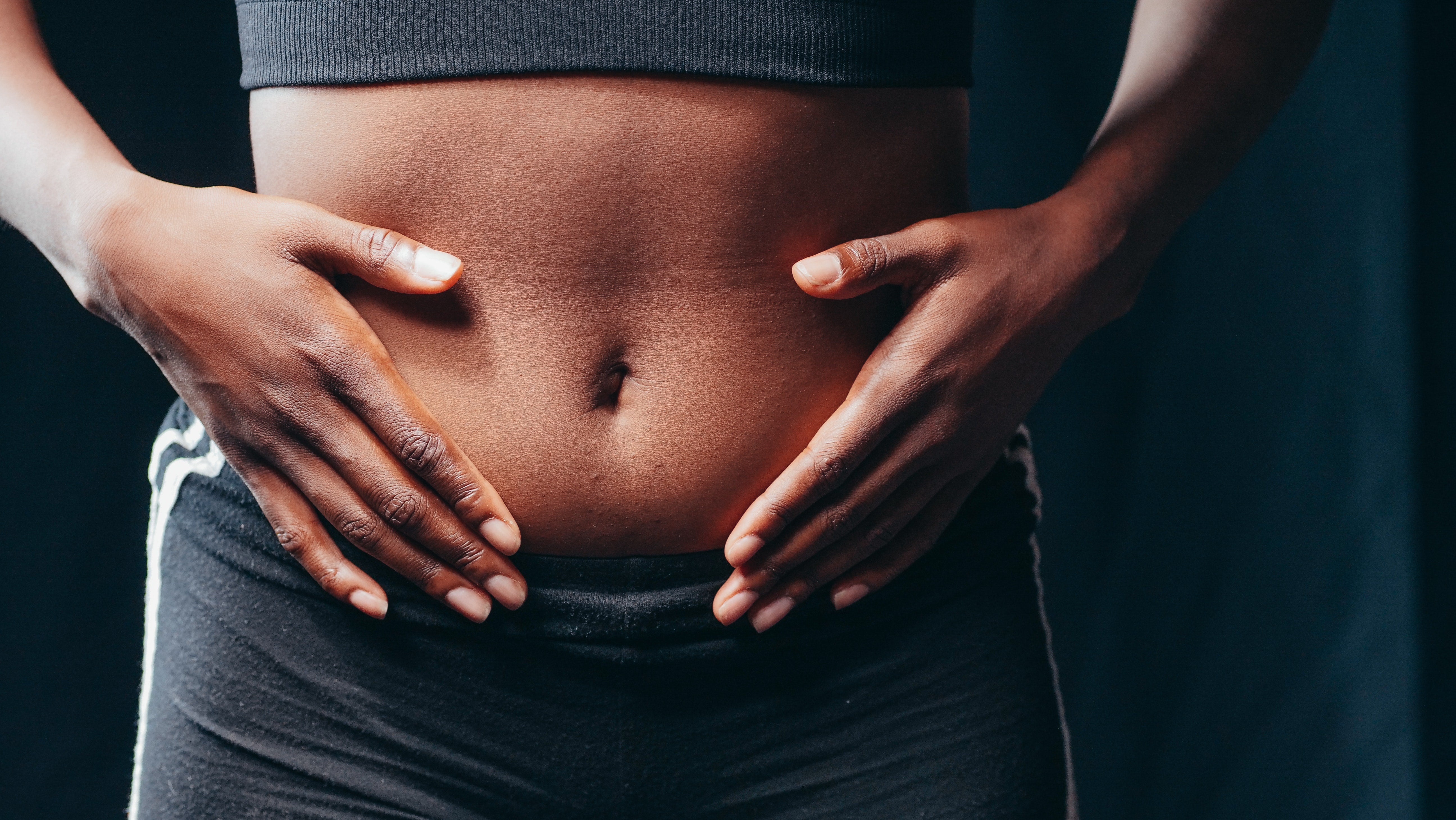In the quest for sustainable weight loss, the road less traveled often leads through an unexpected territory — the gut. Beyond the realm of diets and calorie counting lies an intricate ecosystem of trillions of microorganisms that call your digestive system home.
This bustling microbial community, known as the gut microbiome, plays an important role in not only your digestive health but in helping you lose weight and maintain your overall health. Below, we’ll explore the science behind it and discover how nurturing your gut can be a game-changer in your weight-loss journey.
Gut Health and Weight Loss
In recent years, research has established a strong connection between gut health and weight loss, shedding light on how the microscopic residents of your intestines can either help or hinder your efforts to shed extra pounds.
A September 2021 study in mSystems highlighted how imbalanced gut flora, characterized by an overabundance of certain microbes and a lack of others, can contribute to weight gain and obesity. This imbalance can affect everything from how your body extracts energy from food to how you store fat.
Gut Bacteria and Digestion
Additionally, a January 2022 study in Gut Microbes found that types of foods people consume have a direct impact on the composition of their gut bacteria. That means certain diets can promote the growth of beneficial microbes that aid in weight management. This finding underscores the crucial role of a well-balanced diet in nurturing a healthy gut and supporting weight-loss goals.
Gut Hormones and Cravings
A January 2021 study in Gastroenterology added another layer to this puzzle by emphasizing the gut-brain connection. It demonstrated how gut health can influence appetite and cravings, affecting our food choices and, consequently, our weight.
These studies collectively emphasize the profound impact that gut health can have on weight loss. By fostering a balanced and diverse gut microbiome through dietary choices and lifestyle adjustments, individuals can create an environment within their bodies that is more conducive to shedding excess weight and maintaining a healthy BMI.
Improving Your Gut Health for Weight Loss
Improving your gut health starts with your diet; incorporating high-fiber foods, ancient grains, fruits, and vegetables can foster a balanced gut microbiome. Reducing the intake of processed foods and added sugars is equally important, as these can disrupt the delicate balance of beneficial bacteria in the gut.
Managing stress through relaxation techniques, regular exercise, and adequate sleep also contributes to a healthier gut. Additionally, avoid excessive antibiotic use and consider chamomile, cuachalalate, and sea moss known for their gut-soothing properties.
Best Foods for Gut Health
- High-Fiber Foods: Foods like whole grains, legumes, fruits, and vegetables are excellent sources of fiber that promote the growth of beneficial gut bacteria.
- Nuts and Seeds: Walnut, Brazil Nut, and sesame seeds provide healthy fats and fiber that benefit gut bacteria.
- Colorful Fruits and Vegetables: A diverse range of colorful produce provides various phytonutrients that can support your gut health.
- Herbs and Spices: Ginger, oregano, and basil among others, possess anti-inflammatory and gut-supporting properties.
- Olive Oil: Extra virgin olive oil contains compounds that may promote gut health.
Frequently Asked Questions
What is the top habit destroying your gut health?One of the top habits that can negatively impact your gut health is a poor diet. Consuming a diet that's high in processed foods, added sugars, and unhealthy fats while lacking in fiber, fresh fruits, and vegetables can disrupt the balance of your gut microbiota.
This imbalance can lead to a decrease in the population of beneficial bacteria and an overgrowth of harmful ones. Additionally, a diet rich in processed foods can contribute to chronic inflammation in the gut, which is linked to various digestive issues and even systemic health problems.
How long does it take to repair gut health?The time it takes to repair gut health can vary significantly from person to person. It depends on several factors, including the extent of gut damage, the underlying causes of gut issues, and the specific strategies you employ to improve gut health.
For some individuals, making dietary changes and incorporating gut-boosting foods can lead to noticeable improvements in a matter of weeks or a few months. Others with more severe gut problems or conditions may require a longer period of several months to a year or more.
Does fasting reset your gut?Fasting can have various effects on the gut, and whether or not it resets the gut depends on the type and duration of fasting, as well as individual factors.
Short-term fasting, like intermittent fasting, may give the gut a brief break from digesting food and potentially allow for some rest and repair. Extended fasts, like water fasts, can significantly reduce the workload on the gut but should be done cautiously and under medical supervision.







